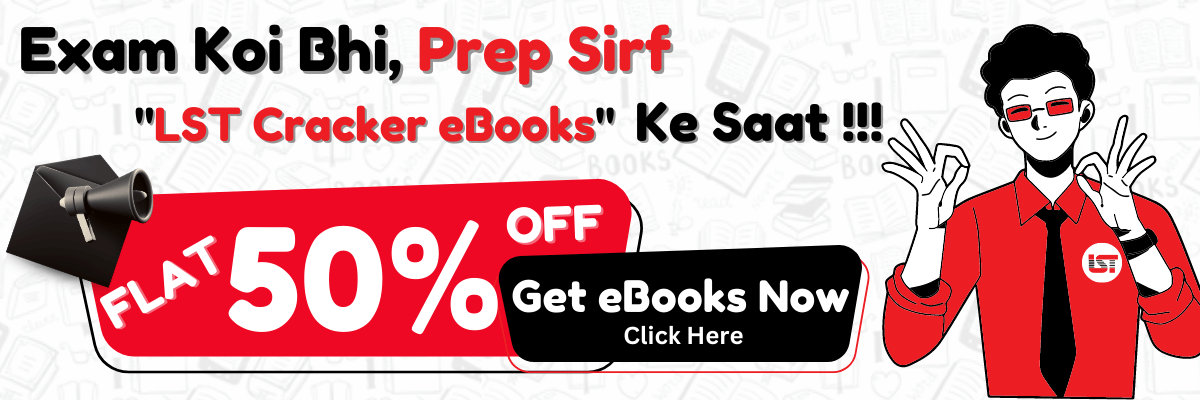Polity Mock Questions
Polity questions has been playing very vital role in every exams. Candidates find these questions of Polity very relatable but find difficulty in answering Polity questions because of lack of practice so we are providing reliable and good quality set of Polity mock questions
Candidates who are preparing for different examination these Polity mock questions are very useful to know how well the preparation is going on. So here is set of some Indian Polity mock questions.
Set of general knowledge questions on Polity.
Set-F
Q –1 Which one of the following is a bulwark of personal freedom?
(A) qua warranto
(B) Mandamus
(C) Habeas corpus
(D) Certiorari
Q –2 After retirement, a member of the state public service commission CANNOT hold office any of these except:
(A) Chief justice of India
(B) Election commissioner
(C) A member of UPSC
(D) Speaker of Lok Sabha.
Q –3 which one of the following with can be issues only against the judicial or quasi-judicial authorities?
(A) Mandamus
(B) Habeas corpus
(C) Certiorari
(D) Quo warrants.
Q –4 Fundamental Rights secured to the citizens/individuals is protected against:
(1) State Action
(2) State as well as private action
(3) Against individual
Select correct statements:
(A) only 1
(B) only 2
(C) only 2 and 3
(D) All of the above
Q –5 In Indian constitution, there is no provision for:
(A) Economic rights
(B) Political and social rights
(C) Religious rights
(D) Educational rights
Q–6 Freedom of speech and expression are limited in the constitution on grounds of
(1) defamation.
(2) contempt of court
(3) protecting a scheduled tribes and minority
(4) friendly relations with foreign states
Codes:
(A) 1, 2 and 4
(B) 3 and 4
(C) 2 and 3
(D) 1, 3 and 4.
Q –7 Consider the following statements regarding Article 20 of Indian constitutions?
(1) No person shall be convicted of any offence time of the commission of act.
(2) No person shall be prosecuted and punished for the same offence more than once.
(3) No person accused of any offence shall be compelled to be a witness against himself.
Codes:
(A) 1 and 3 are correct
(B) 2 and 3 are correct
(C) 1 and 2 are correct
(D) All are correct.
Q –8 Article 15(5) is related to admission of Backward classes in educational institution is added, by the amendment of?
(A) 93rd
(B) 92nd
(C) 94th
(D) 65th
Q –9 Fundamental rights under Article 21, though not specifically mentioned but with the broader interpretation of court includes several human rights are.
(1) Right to speedy trial
(2) Right to dignity.
(3) Right to live in clean environment.
(4) Right to food.
Codes.
(A) 1 and 2
(B) 2 and 4
(C) 3 and 4
(D) All of the above.
Q –10 Preamble as a part of the constitution is held in
(A) Berubaris’ case
(B) Keshavanand Bharah case
(C) A.K. Gopalan case
(D) M.C Mehta case
Solutions
- Ans– (C)explanation– Habeas corpus is a writ issued by supreme court under Article 32 and High court under Article 226 which means ‘produce the body’.
- Ans– (C)explanation– Article 319 prohibit the holding of Services under state and union to the members of UPSC and state commission but state commission members could be the chairman and member of UPSC under Article 319(d).
- Ans– (C)explanation– A writ of certiorari meaning is ‘to inform’.
- Ans– (A)explanation– Fundamental rights is enforceable against state.
- Ans– (A)explanation– Constitution does not describe any direct economic rights of people.
- Ans– (Aexplanation– Freedom of speech and expression to All citizens of India is not absolute under Article 19.
- Ans– (D)explanation– Article 20 is related to protection to accused in respect of conviction for offences.
- Ans– (A) explanation– 93rd amendment Act, 2005 added clause 5 to Article 15 of fundamental right.
- Ans– (D)explanation– Article 21, not prescribing any specific procedure but only that procedure which conforms to the principles of natural justice i.e procedure has to be fair right and just.
- Ans– (B)explanation– Keshavananad’s case is landmark case in the constitutional history of India deided in 1973 by Supreme Court 13 judges bench.
For more mock questions click here
[download id=”5193″ template=”button”]
“There are only two ways to live your life. One is as though nothing is a miracle. The other is as though everything is a miracle.”
― Albert Einstein
Attempt Free Mock Tests & Get Free eBooks










